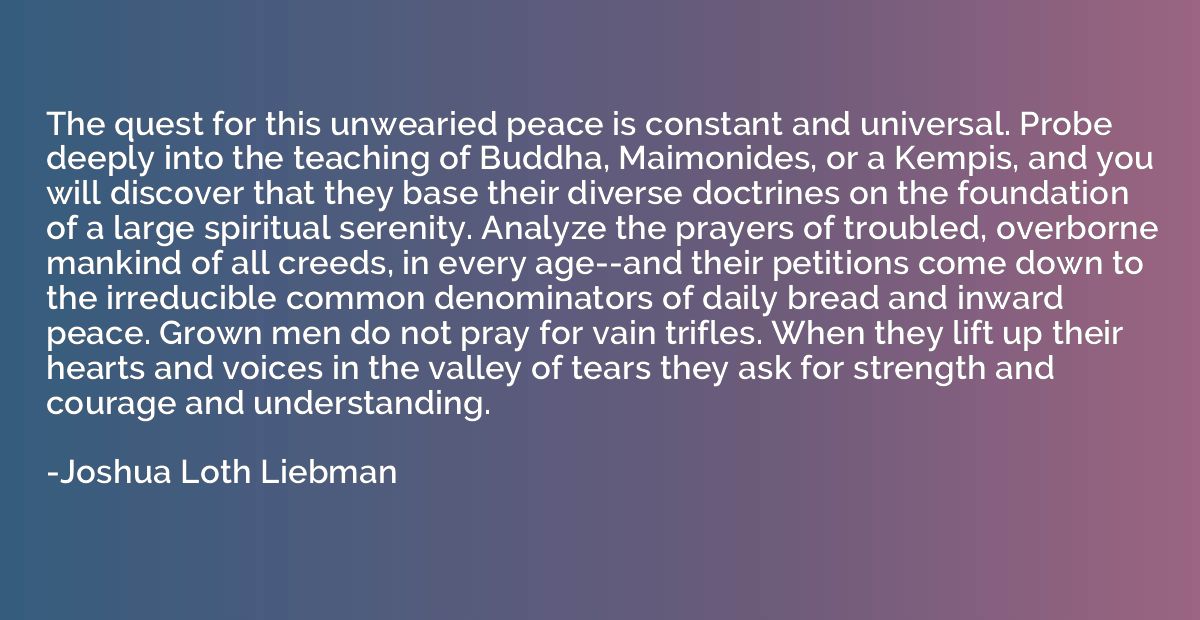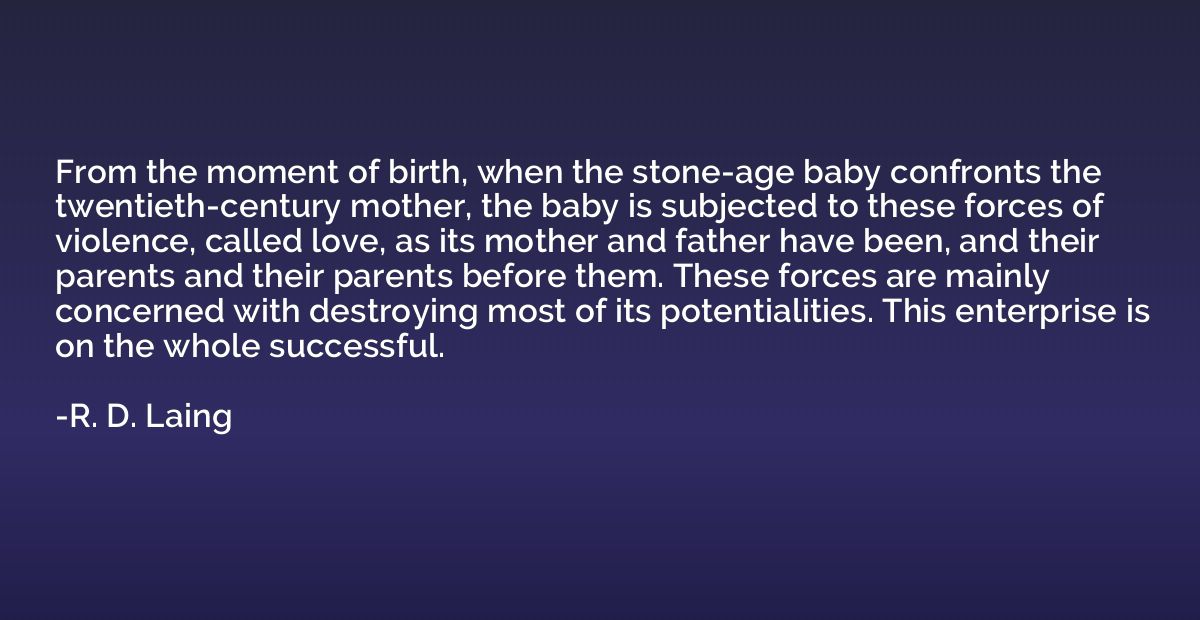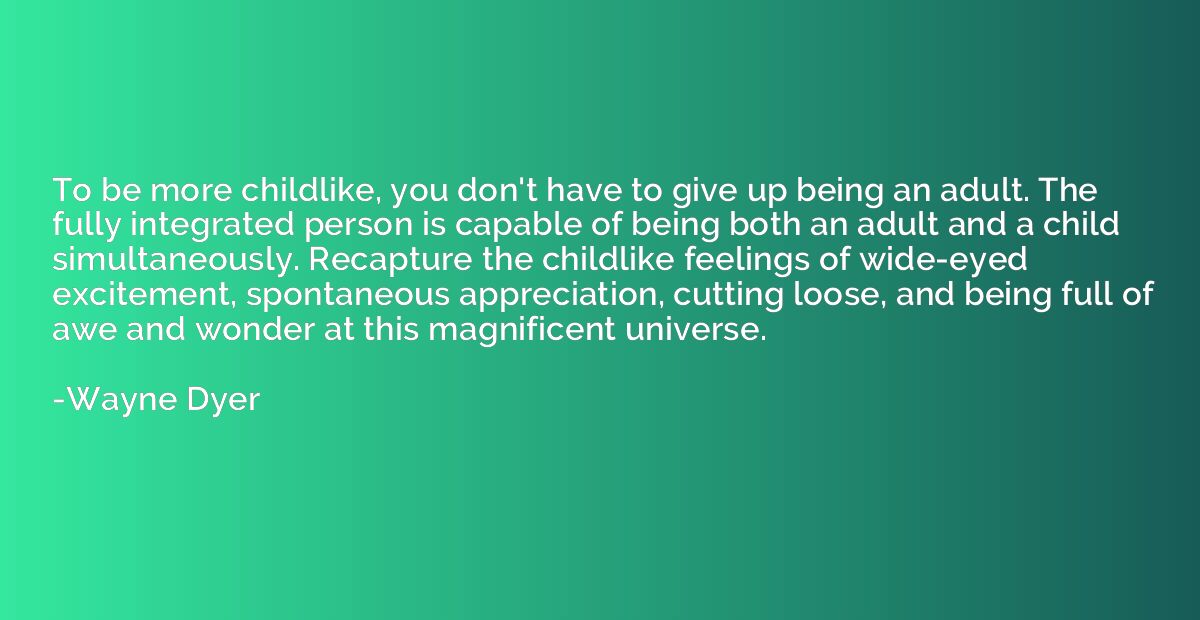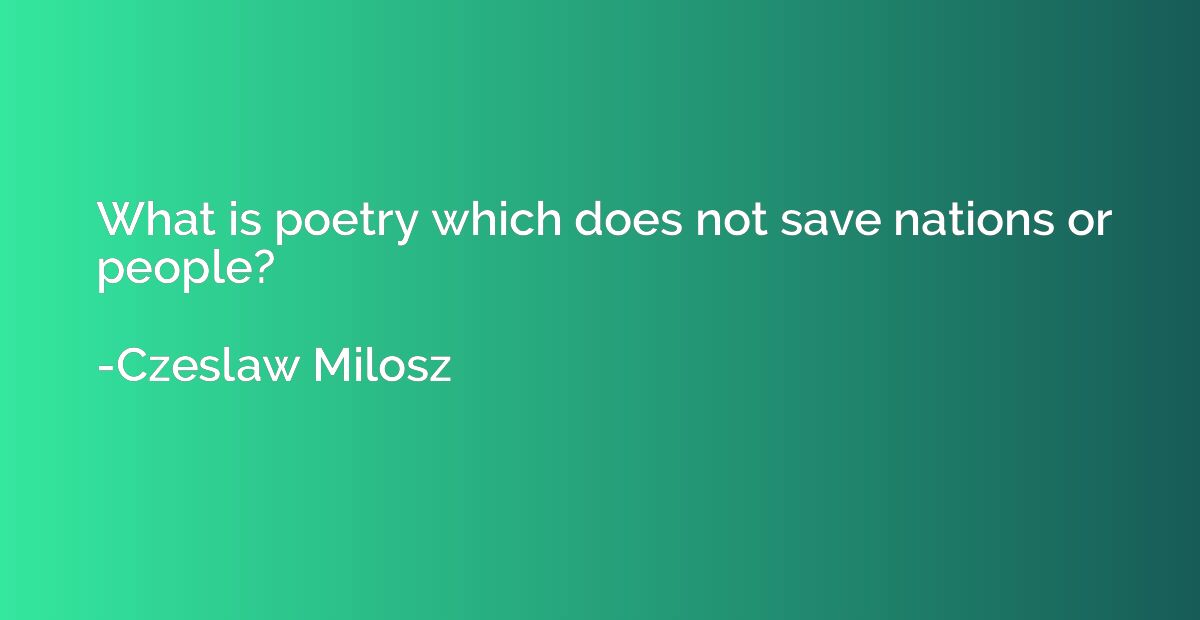Quote by Albert Camus
You are forgiven for your happiness and your successes only if you generously consent to share them.
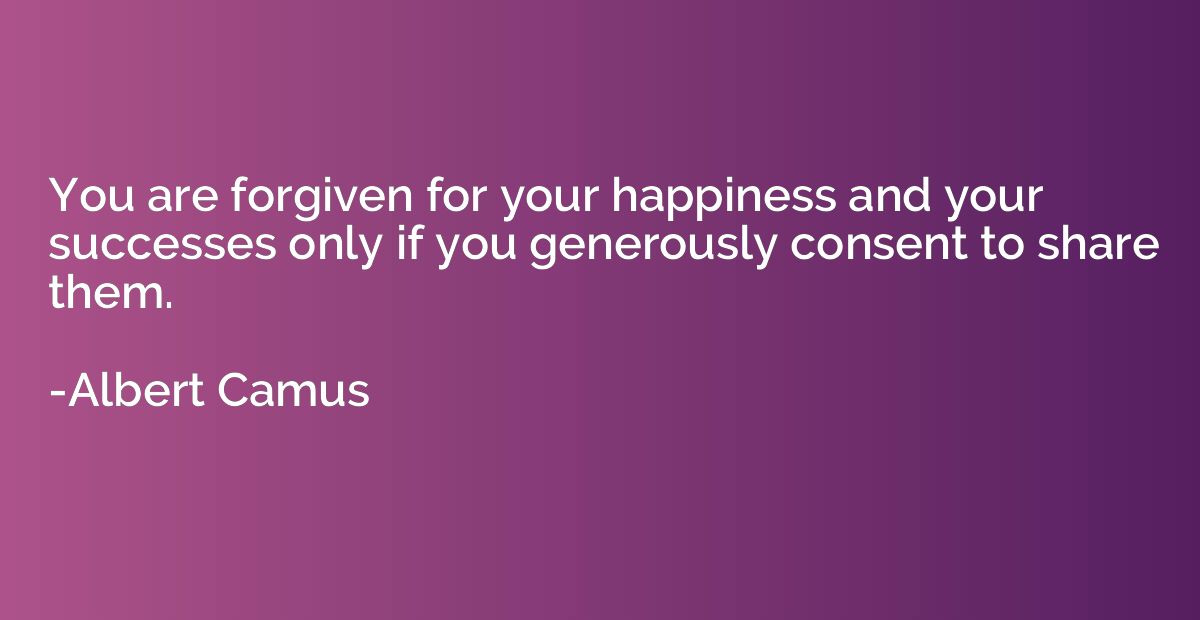
Summary
This quote implies that forgiveness for being happy and successful is conditional upon one's willingness to share their happiness and success with others. It emphasizes the importance of generosity and selflessness, suggesting that keeping these blessings to oneself will not be easily forgiven. Ultimately, it highlights the idea that true forgiveness is intimately tied to the act of giving and spreading joy to others, as opposed to being solely focused on personal achievements.
By Albert Camus




